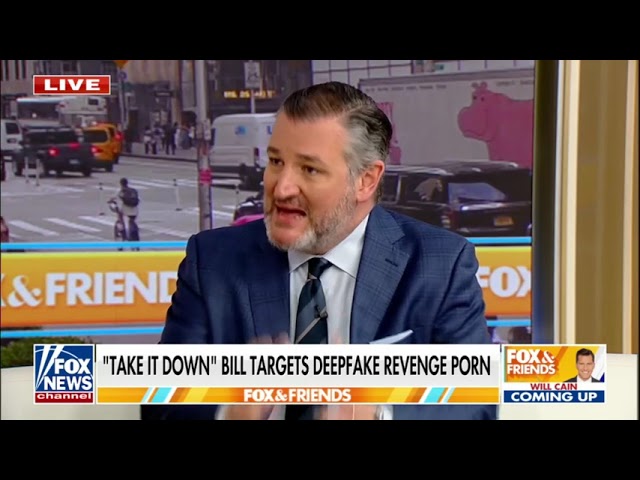Prosecutors laid charges under an evidence-tampering provision of the Sarbanes-Oxley Act aimed at curbing wrongdoing on Wall Street.
The Supreme Court ruled on June 28 in favor of Jan. 6 defendant Joseph Fischer, a former police officer charged under an accounting reform law after he entered the U.S. Capitol for four minutes on Jan. 6, 2021.
The majority opinion in the case was written by Chief Justice John Roberts.
Justices Amy Coney Barrett, Sonia Sotomayor, and Elena Kagan dissented.
The case was being closely watched because the Supreme Court’s decision could affect hundreds of Jan. 6 prosecutions, including the Jan. 6-related case against former President Donald Trump.
Mr. Fischer, from Jonestown, Pennsylvania, was indicted on several counts following the Capitol breach on Jan. 6, 2021, including obstructing an official proceeding under Enron-era obstruction law 18 U.S. Code Section 1512(c). Convictions under the section can lead to 20 years in prison.
The wording of 1512(c) is focused on documentation and ensuring it is made available for official proceedings.
Section 1512(c) states: “Whoever corruptly (1) alters, destroys, mutilates, or conceals a record, document, or other object, or attempts to do so, with the intent to impair the object’s integrity or availability for use in an official proceeding; or (2) otherwise obstructs, influences, or impedes any official proceeding or attempts to do so, shall be fined under this title or imprisoned not more than 20 years, or both.”
The charge relates to the alleged obstruction of the congressional certification of the 2020 presidential election results, a proceeding that paved the way for the inauguration of President Joe Biden two weeks later.
Mr. Fischer argued that he should not have been charged under section 1512(c), an evidence-tampering provision of the Sarbanes-Oxley Act aimed at curbing wrongdoing on Wall Street.
The legislation came in the wake of fraud-related scandals at Enron Corp. and other major corporations. Enron employed dubious accounting practices to conceal falling profits and exaggerate earnings, and its employees reportedly began destroying paperwork when they learned that indictments were in the works.
Some defendants who arrived at the Capitol after Congress was evacuated on Jan. 6, 2021, were also charged with obstructing an official proceeding. Several defendants have argued unsuccessfully at trial that they couldn’t have obstructed Congress because they weren’t present in the Capitol until after lawmakers left the complex.







